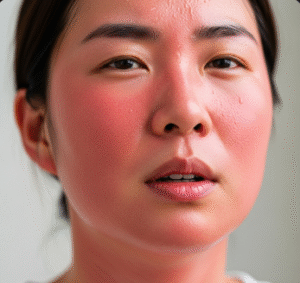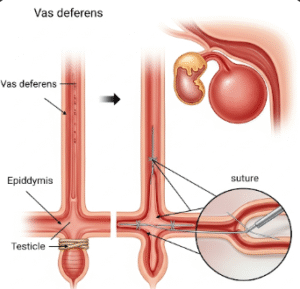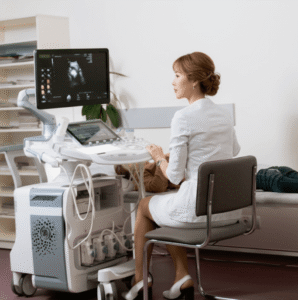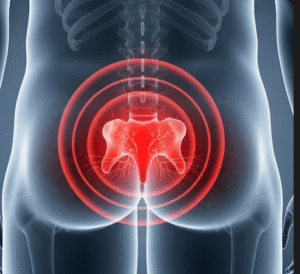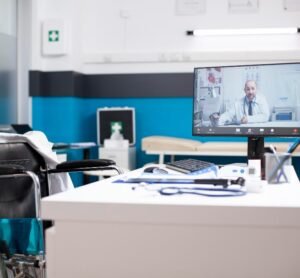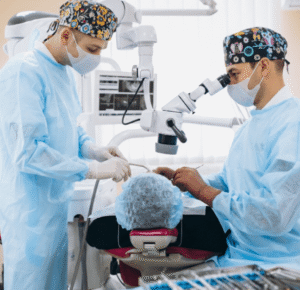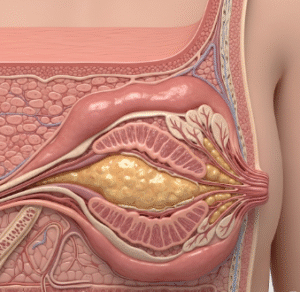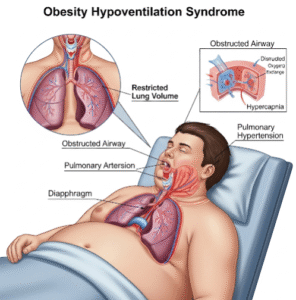Overview
Cystic Fibrosis (CF) is a rare but serious inherited condition that affects the lungs, digestive system, and other organs by producing thick, sticky mucus. While CF is most commonly seen in Western populations, it is extremely rare in Asia, including Korea. However, with advances in genetic testing and global awareness, Korean hospitals have developed diagnostic and management strategies for patients with CF. Specialized care is provided in tertiary hospitals with multidisciplinary teams focusing on lung health, nutrition, and infection prevention.
What is CF (Cystic Fibrosis) in Korea?
CF in Korea is a genetic disorder caused by mutations in the CFTR gene, leading to abnormal chloride and sodium transport in cells. This results in thick mucus buildup, especially in the lungs and pancreas, causing chronic respiratory infections and digestive issues. Although only a very small number of cases have been identified in Korea, the condition is managed with advanced treatments similar to Western standards, and genetic counseling is offered for families at risk.
Symptoms
- Persistent cough with thick mucus
- Repeated lung infections (pneumonia, bronchitis)
- Wheezing or shortness of breath
- Poor weight gain and growth despite good appetite
- Frequent greasy, bulky stools
- Nasal polyps or sinus infections
- Infertility in men (common in CF)
Causes
- Genetic mutation in the CFTR gene (Cystic Fibrosis Transmembrane Conductance Regulator)
- Both parents must carry the faulty gene for a child to inherit CF
- CF is autosomal recessive and extremely rare in Korea due to low carrier frequency
Risk Factors
- Family history of CF
- Having parents who are carriers of the CFTR gene mutation
- Higher prevalence in European ancestry; very rare in Korean and Asian populations
Complications
- Chronic lung infections (due to trapped bacteria in thick mucus)
- Bronchiectasis (permanent lung damage)
- Respiratory failure in advanced cases
- Malnutrition and poor growth from pancreatic insufficiency
- Diabetes (CF-related diabetes)
- Infertility in males
- Osteoporosis due to malabsorption of vitamins
Prevention
- There is no way to prevent CF, but early diagnosis can help manage symptoms effectively
- Genetic counseling and testing for at-risk couples
- Newborn screening programs (though rare, Korean hospitals may detect cases early through advanced genetic testing)
- Preventing infections through vaccinations, hand hygiene, and protective measures
Treatment Options in Korea
Although CF is rare in Korea, leading hospitals are equipped to provide advanced care, including:
- Medications:
- Mucolytics to thin mucus
- Inhaled antibiotics for lung infections
- CFTR modulators (in selective cases if genetic testing confirms eligibility)
- Airway clearance techniques: Chest physiotherapy, high-frequency chest wall oscillation devices
- Nutritional support: Pancreatic enzyme supplements, high-calorie diet, vitamin supplementation
- Pulmonary rehabilitation: Exercise and breathing therapies
- Lung transplant: Available in advanced cases at specialized centers in Korea such as Asan Medical Center and Samsung Medical Center
- Multidisciplinary care teams: Pulmonologists, dietitians, geneticists, and respiratory therapists working together


